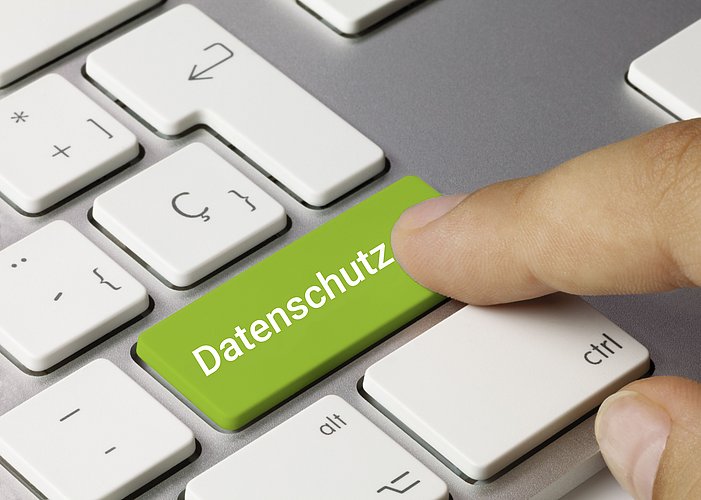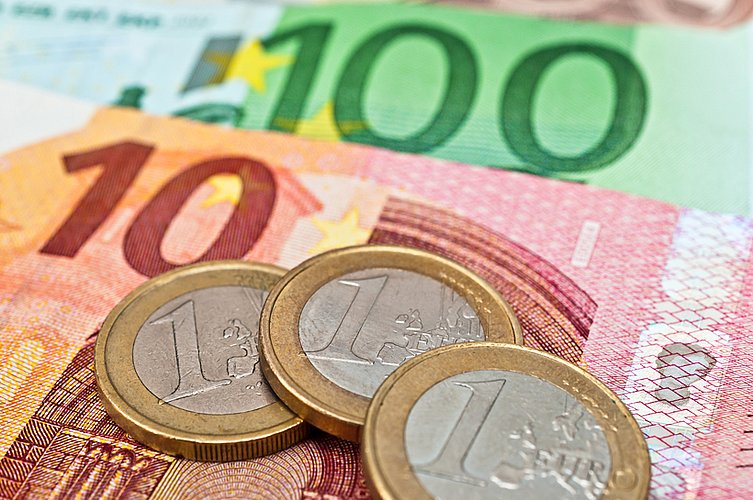Mondaq
Germany: Anti-Corruption & Bribery Comparative Guide
1 Legal and enforcement framework
1.1 Which legislative and regulatory provisions govern anti-corruption in your jurisdiction, from a regulatory (preventive) and enforcement (criminal) perspective?
In Germany, the fight against corruption is primarily governed by criminal law. The acceptance of benefits, passive corruption, granting of benefits and bribery are punishable under Sections 331 to 335a of the Penal Code. However, these criminal offences relate only to corruption involving public officials. Sections 299, 299a and 299b of the Penal Code govern criminal offences sanctioning corruption in business dealings and in the healthcare system. In addition, bribery of voters and members of parliaments (not only the Federal Parliament, but also state and local parliaments) is sanctioned under Sections 108b and 108e of the Penal Code.
In addition to the repressive regulatory provisions listed above, there are few preventive, corruption-specific provisions. Standardised rules to prevent corruption exist for the public sector only. In the healthcare and private sectors, obligations are mainly organisational. For example, associations of social health insurance-accredited physicians and statutory health insurance funds are obliged, under Sections 81a(4) and 197a(4) of the Social Code, to set up bodies to combat misconduct in the healthcare system. Similarly, companies are required to implement compliance measures to prevent corruption under Sections 30 and 130 of the Act on Administrative Offences.
1.2 Which bilateral and multilateral instruments on anti-corruption have effect in your jurisdiction?
To fight cross-border corruption effectively, Germany supports the implementation of and compliance with international standards against corruption through active participation in the United Nations, the World Bank, the G7/G20 and the Organisation for Economic Co-operation and Development (OECD).
In Germany, the OECD Convention on Combating Bribery of Foreign Public Officials in International Business Transactions applies. In addition, Germany has acceded to the UN Convention against Corruption. The Criminal Law Convention on Corruption of the Council of Europe and a supplementary protocol were further ratified by Germany on 10 May 2017.
As Germany is an EU member state, European legal instruments to combat corruption also apply in Germany. Germany has transposed into national law the Protocol of 27 September 1996 to the Convention on the Protection of the European Communities' Financial Interests and the Convention of 26 May 1997 on the Fight against Corruption Involving Officials of the European Communities or officials of Member States of the European Union. The Directive of 5 July 2017 on the Fight against Fraud to the Union's Financial Interests by Means of Criminal Law must also be taken into account.


![[Translate to English:]](/fileadmin/_processed_/d/5/csm_Glander__Anna-Lena_print_031f436e1d.jpg)








